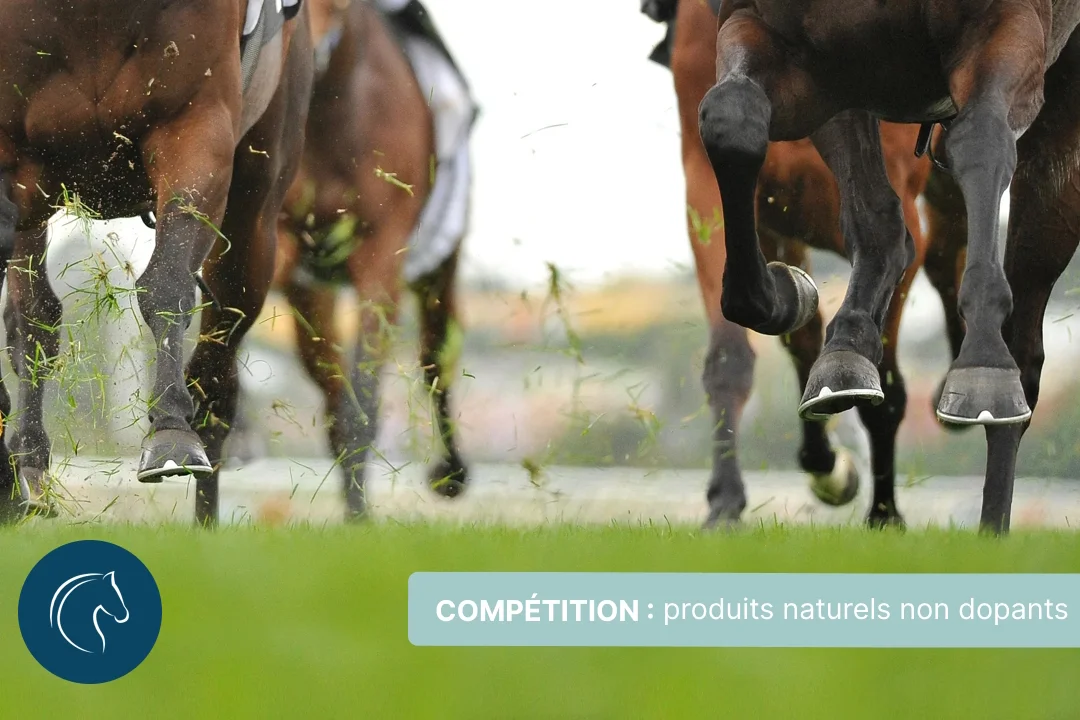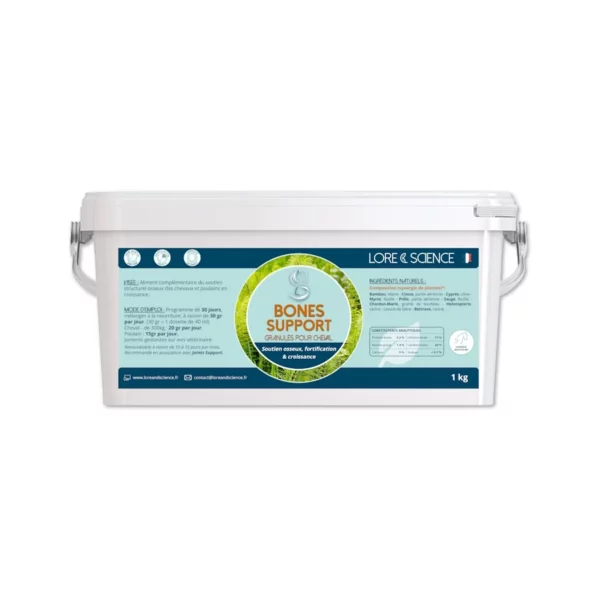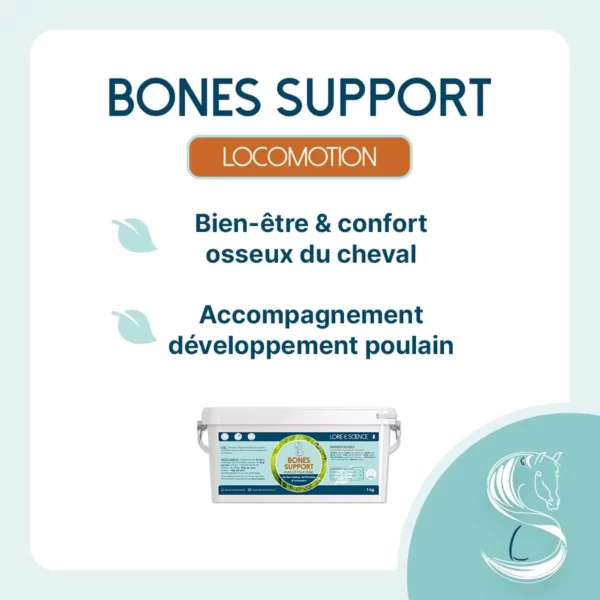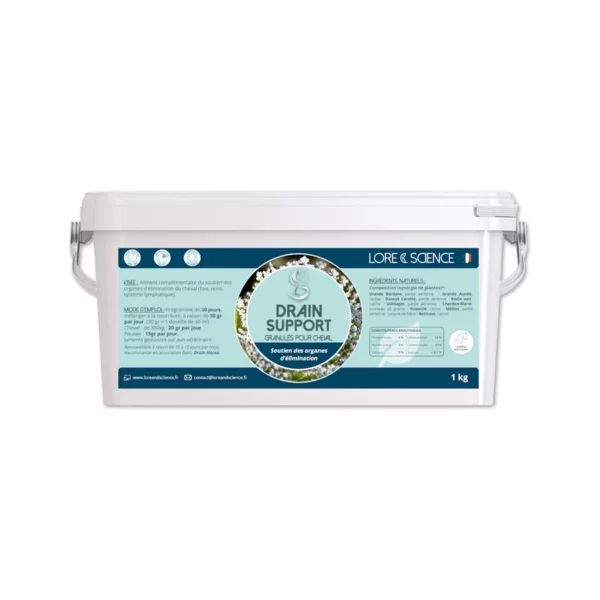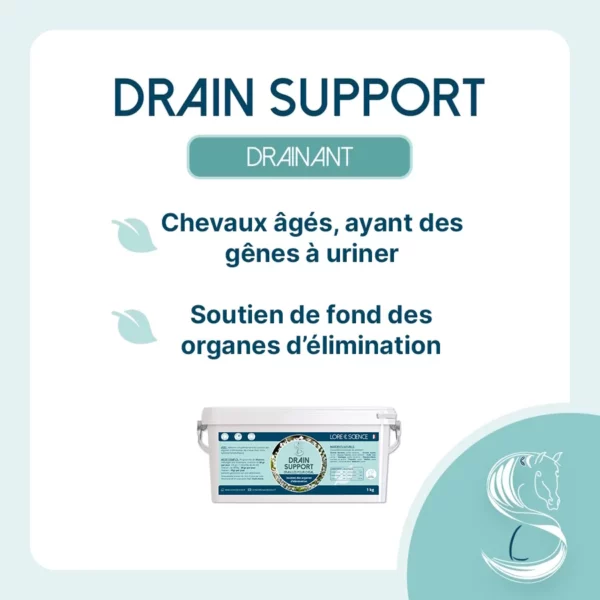What is animal doping?
Just like in humans, doping does not spare animals. The subject is very topical, but it is not new, as it was mentioned years ago.
This illegal practice is taken very seriously by the official bodies and is even increasingly reinforced by anti-doping tests.
Doping consists of administering substances to an animal to artificially increase its performance during a competition. It can also consist in masking the use of products that boost the animal's capacities.
The animals most affected by doping are horses, dogs and even fighting bulls. However, the controls are more focused on the equestrian world.
It is important to know that the substances sanctioned by the law can be administered involuntarily. It is therefore not systematically an intentional fraudulent act.
Examples include food contamination or a longer disposal time for veterinary drugs.
Prohibited substances and anti-doping procedure
Among the substances prohibited by law in dogs and horses are several items:
- The doping substances act on the immune, cardiovascular, respiratory, digestive and musculoskeletal systems of the animal. Non-steroidal anti-inflammatory drugs account for nearly 60% of positive tests. They help boost the body and limit the feeling of fatigue.
- Physical modification procedures that may impact physical ability. Examples include nasal surgery in horses to improve breathing, or neurectomy, which involves cutting certain nerves to remove pain.
- The use of elements that mask the use of doping products. For example, it can bediuretic elements that promote the elimination of doping molecules through the urine.
It is possible to consult the complete list of doping products by asking the veterinarian for advice.
And what about anti-doping controls to combat fraud?
Generally speaking, they include an interview with the person in charge of the dog or horse, samples such as blood and urine, and a medical examination if the vet deems it necessary.

Some good anti-doping practices
Even if many products are incompatible with the world of horse and dog racing, it is possible to combine sporting activities with certain harmless substances.
These may include strict anti-parasitics, gastric ulcer prevention treatments and anti-infectives. Vaccines should not be given within 7 days of the competition.
In some cases, doping is the result of negligence on the part of the people responsible for the horse or dog, particularly with regard to feeding. As far as horses are concerned, 2% to 6% of positive doping cases are linked to the horse's diet due to the presence of "SNAP", a natural food substance that is prohibited.
However, even if the action is unintentional, the infraction has already been committed and the animal is denied access to the event. To counter this type of situation, it is best to take certain precautions, especially when competitions are approaching.
-
Promotional product
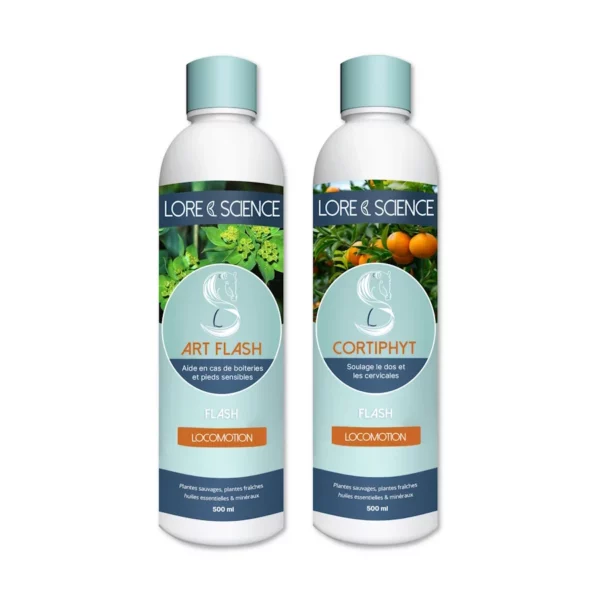
 Pack Compétition - Horse mobility and supplenessThe initial price was €159.80.143,90 €The current price is €143.90.
Pack Compétition - Horse mobility and supplenessThe initial price was €159.80.143,90 €The current price is €143.90.
- Food: check the composition of food to ensure that it does not contain any illegal substances such as caffeine or theophylline. It is especially important not to store food next to medication. During competitions, use only personal food and your own food accessories.
- Medication: respect the elimination time of the substances recommended by the veterinarian. In case of doubt, do not hesitate to carry out a control test beforehand.
Natural non-doping products for competitions
It is understandable that owners would like to improve the physical abilities of their sporting animal, whether it is a dog or a horse.
However, this is not a good way to proceed as the penalties can be very severe and it can also affect the health of the animal.
Fortunately, there are natural solutions to boost performance without resorting to doping. Herbal medicine can be an excellent alternative to doping products.
For horses
Indeed, some plant extracts are standardized and do not contain any prohibited substances, such as ginseng, dandelion, sage or turmeric. It is therefore possible to use them in competition horses, even during the competition period.
It is still recommended to avoid the consumption of Guarana because it contains traces of caffeine, a substance prohibited during competitions. It is thus advisable not to use it in the 15 days before the beginning of the test.
For the well-being of the horse, food supplements are effective in preparing it for competition and in helping it to recover its muscles after exercise.
Lore & Science offers a special sports pack with 100% natural and non-doping products that relieve the joints and tendons of the horse's feet, back and neck pain. They promote rapid recovery by helping to eliminate lactic acids.
-
Promotional product
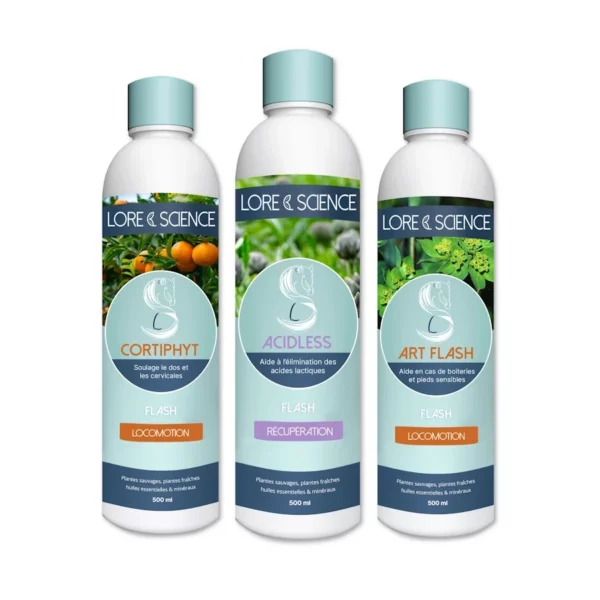
 Protocole Sport Prepa & Recup - Preparation and recovery of the sport horseThe initial price was €239.70.215,90 €The current price is €215.90.
Protocole Sport Prepa & Recup - Preparation and recovery of the sport horseThe initial price was €239.70.215,90 €The current price is €215.90.
For dogs
Dog sports such as cani-cross or greyhound racing expose the animal's body to permanent stress.
In order to promote general well-being, it is important to take care of the musculoskeletal system. To meet this need, there are non-doping food supplements that help maintain the health of joints and ligaments.
Similarly, vitamins can be taken to strengthen the immune system of the sporting dog. Also, they are great to fight against the appearance of deficiency.
You have questions or want to share your experience, react in the comments ↓

